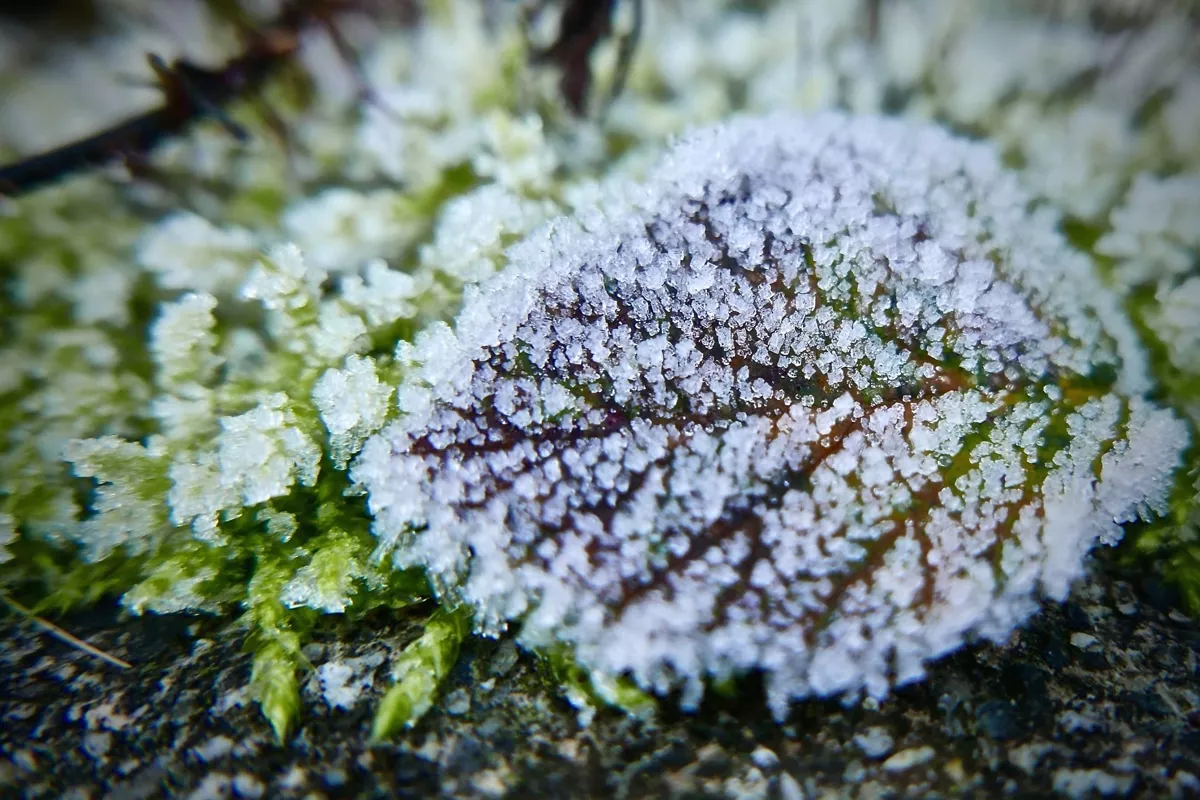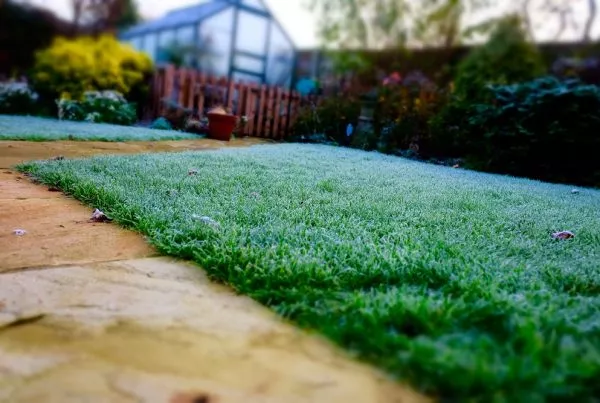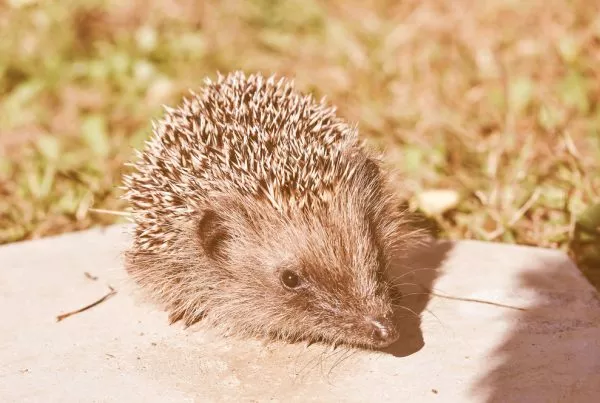Winter gardening can be daunting, especially when the evenings draw in and the wind starts to bite. However there’s still plenty to do, and the crisper air can be refreshing and invigorating.
Winter Crops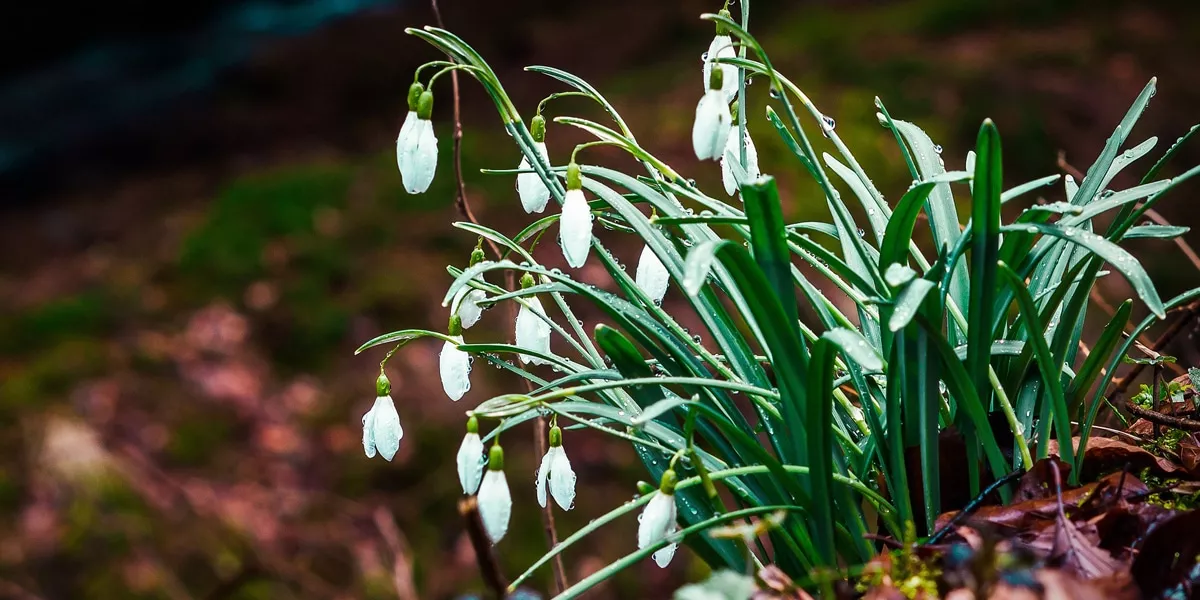
In November & December, plant spring bulbs such as daffodils – ideally in a sheltered place. Many food crops such as kale, parsnips and chard will survive over winter, and some varieties of kale will even cover you during the Hungry Gap.
Mulch
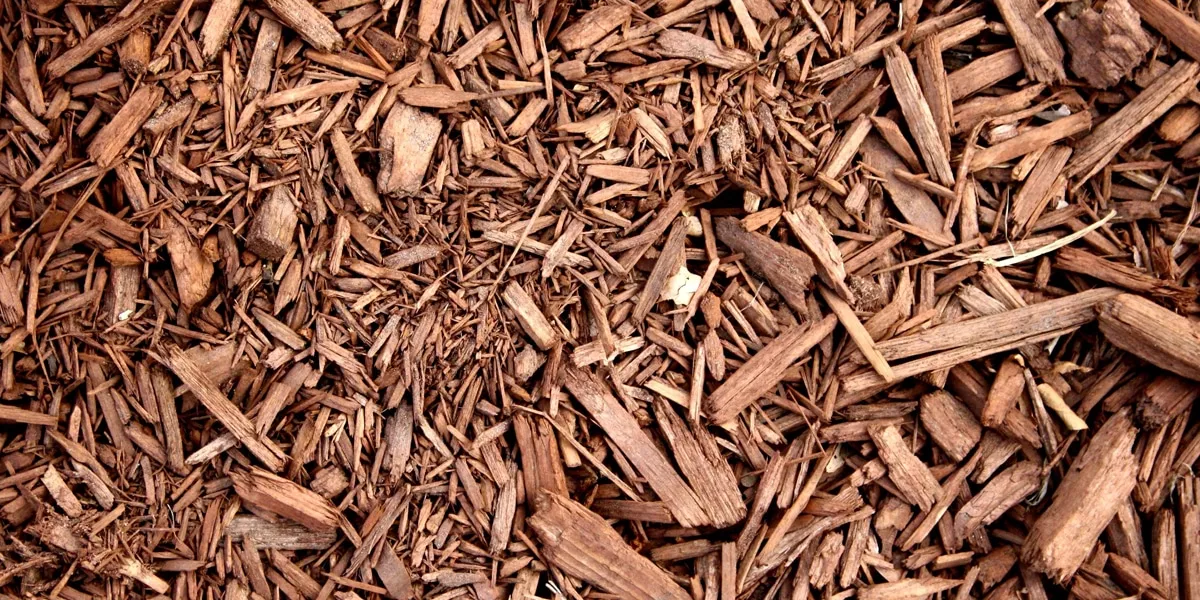 Mulch is an ideal way to prevent weeds gaining a foothold and protect the soil from erosion. You can use bark chippings, or make your own from compost. Bio-degradable mulches such as seaweed and leafmould will help to protect the roots and nourish the soil.
Mulch is an ideal way to prevent weeds gaining a foothold and protect the soil from erosion. You can use bark chippings, or make your own from compost. Bio-degradable mulches such as seaweed and leafmould will help to protect the roots and nourish the soil.
Weeding
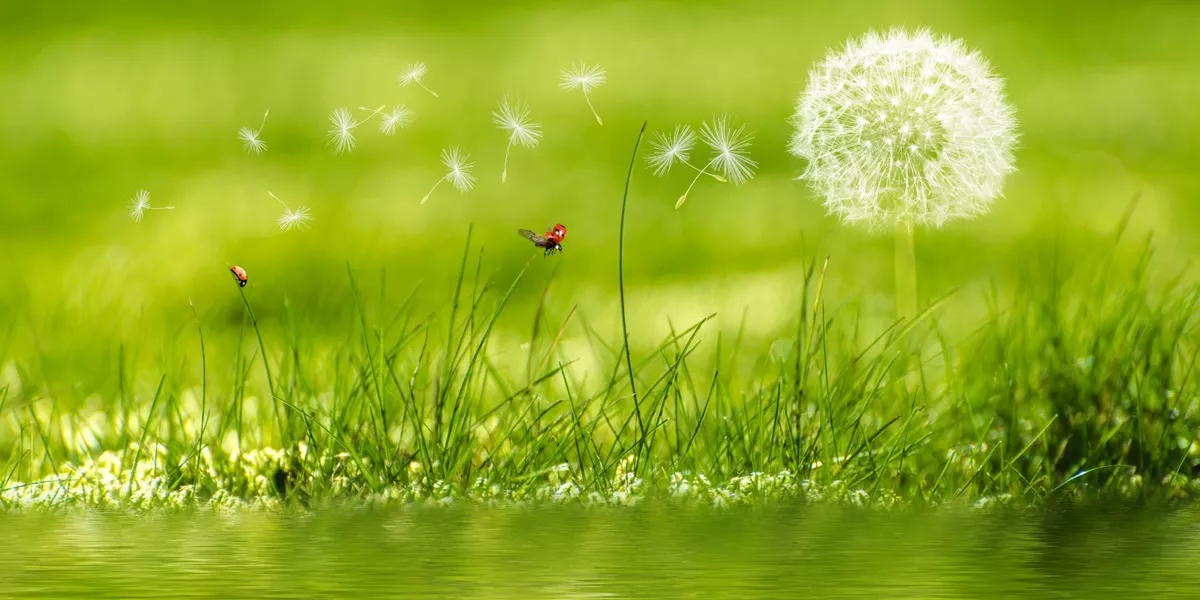
Before mulching, pull out any weeds, and make sure to consign them to the bonfire or your green bin rather than the compost heap. It’s a good time to remove tender invaders before they can properly take root. Group containers together for protection and consider covering the soil with permeable fabric.
Care for the Ground
 Gently till any bare land to encourage earthworms and plough nutrients into the soil. Rake up any leaves and mow the grass. Feed the compost heap with lawn clippings, raked leaves and dead and dying foliage. Use the resulting compost to nurture the soil and keep the plants warm.
Gently till any bare land to encourage earthworms and plough nutrients into the soil. Rake up any leaves and mow the grass. Feed the compost heap with lawn clippings, raked leaves and dead and dying foliage. Use the resulting compost to nurture the soil and keep the plants warm.
Protective Planting
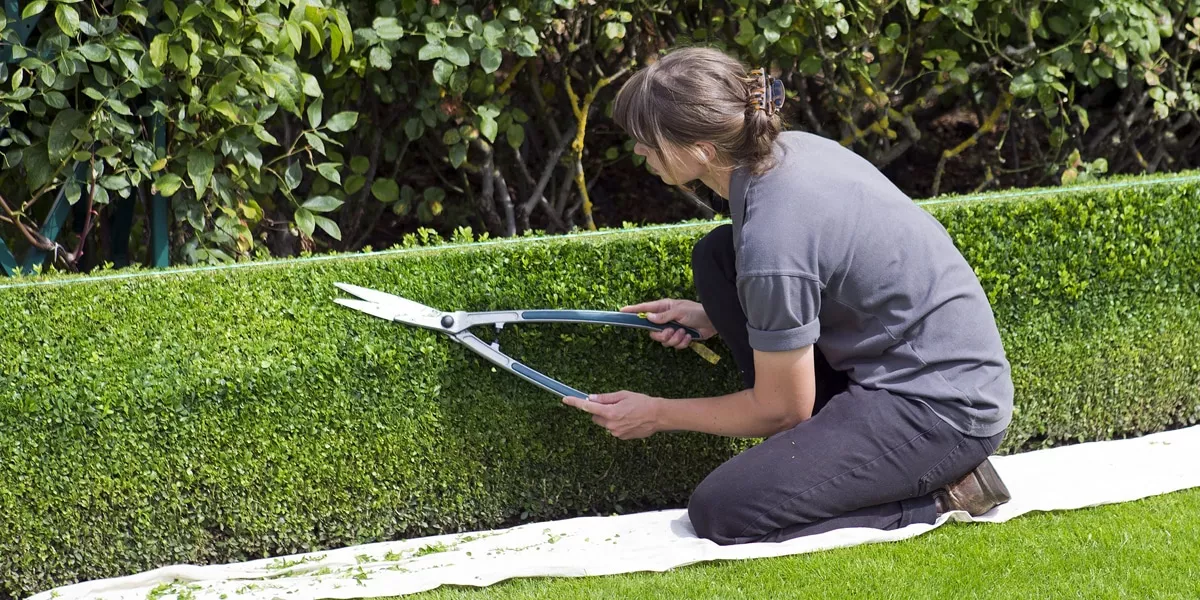
Plant protective foliage. This can include windbreaks, such as evergreen shrubs and hedging. Cover crops are a great way to protect and nourish freezing ground. Examples include ryegrass, barley or microgreens such as mustard (which are more suitable for smaller gardens)
Maintain Garden
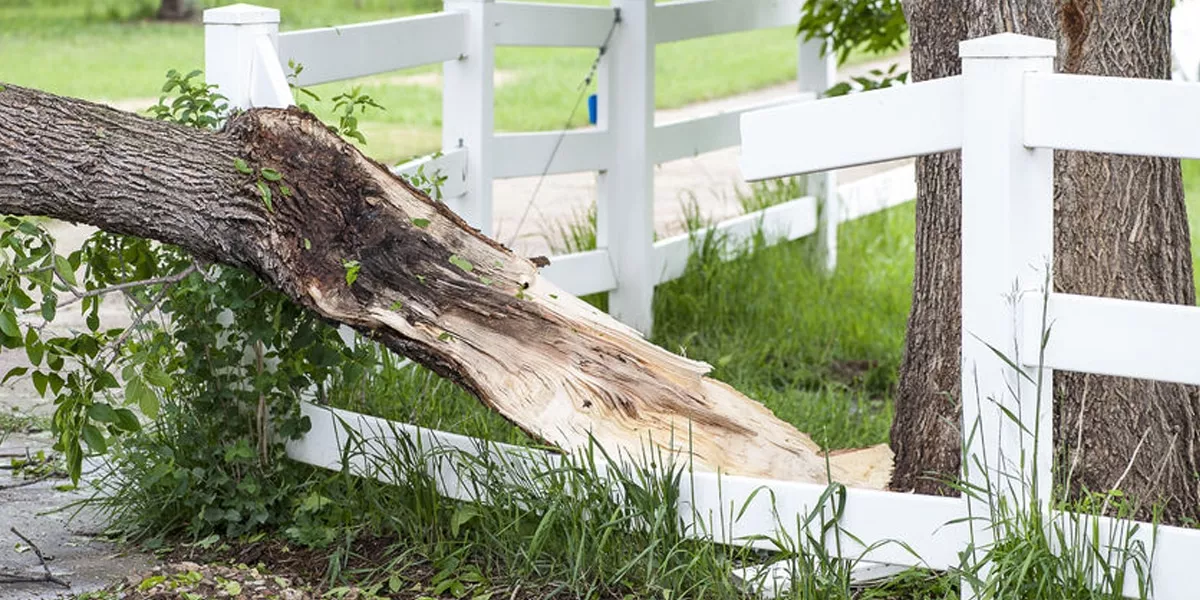
Clean the gutters of debris to help prevent pests and freezing. Audit garden buildings – fix broken tiles and other things that have been damaged, clean windows, clean exteriors. Move firewood to not be flush against the house to discourage vermin – do encourage hedgehogs though, as a means of natural, effective pest control.
Watering

Do water the plants; increasingly dry winters make the process more important than ever. Hydrate evergreens – consider wrapping them in damp horticultural fleece to keep the warmth in. Manual watering may be better than sprinklers and other automatic systems due to potential freezing.
Maintain Garden Tools
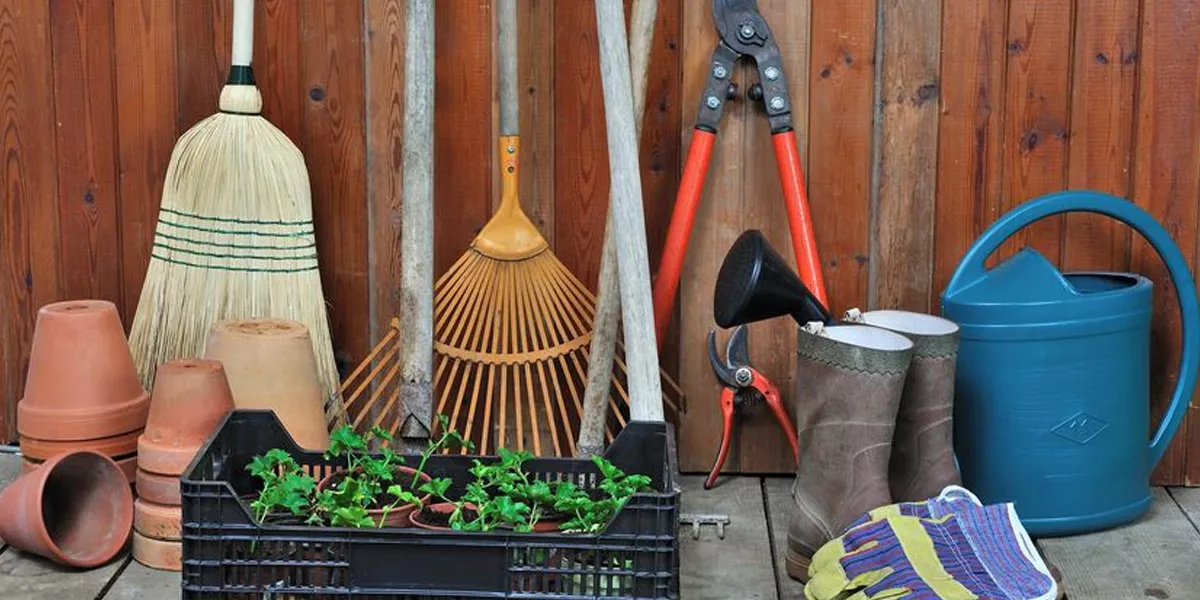
To prevent rust and damage, it’s important to take stock of your garden tools, and go through maintenance. First, carefully scrub any dirt from the tools. Then sharpen, and either oil and store carefully, or place (handles upright) in a box of sand.
Replace Fences
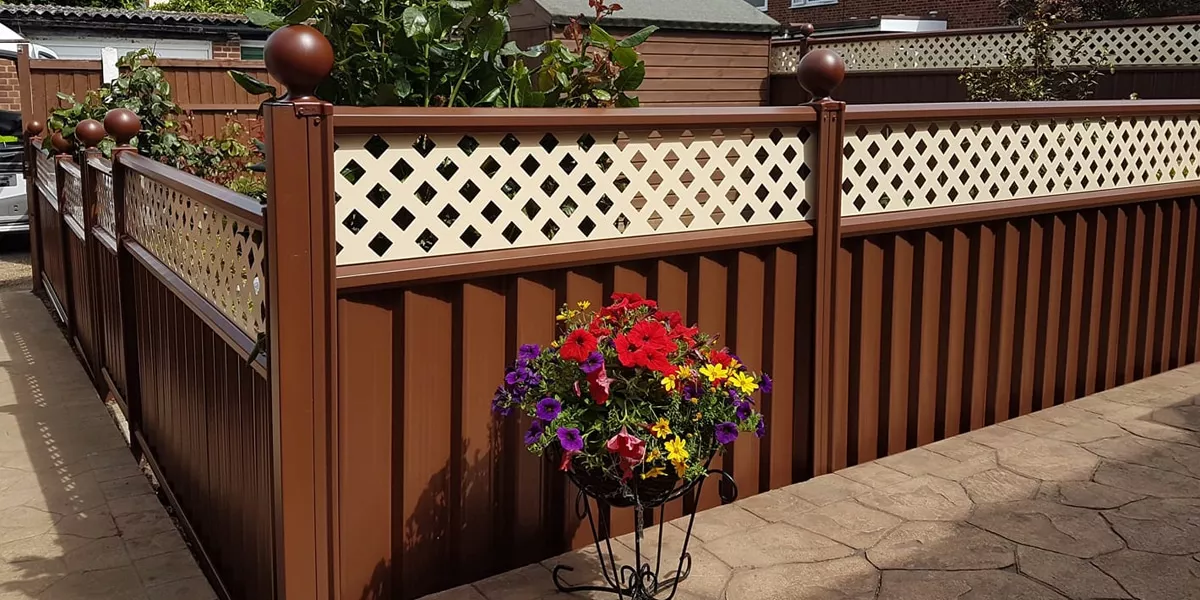
Replace rickety and windblown fences with stronger, more durable units. Colorbond steel offers a variety of colours to brighten your garden, made from a material so strong it has a 25-year guarantee. This corrosion-resistant Zincalume steel is perfect for weathering the winter cold.
Pest Control
 Practice companion planting to encourage natural predators of aphids and bugs that can persist in mild winters. Ensure you spread mulch carefully over open ground and keep your garden healthy by watering and clearing debris (to avoid disease and souring the ground).
Practice companion planting to encourage natural predators of aphids and bugs that can persist in mild winters. Ensure you spread mulch carefully over open ground and keep your garden healthy by watering and clearing debris (to avoid disease and souring the ground).
How are you going to winterise your garden?

To book in your free, no obligation, site survey and quote, simply fill out our contact form.
